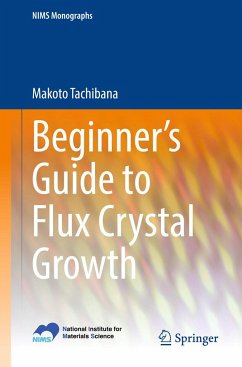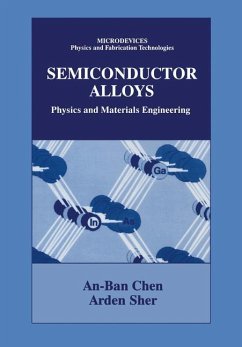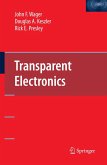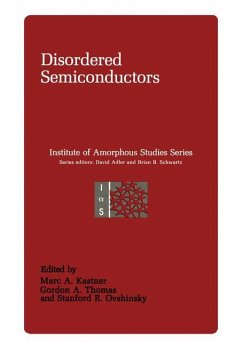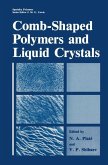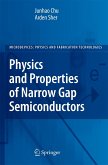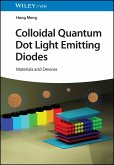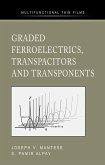This book introduces the principles and techniques of crystal growth by the flux method, which is arguably the most useful way to obtain millimeter- to centimeter-sized single crystals for physical research. As it is possible to find an appropriate solvent ("flux") for nearly all inorganic materials, the flux method can be applied to the growth of many crystals ranging from transition metal oxides to intermetallic compounds. Both important principles and experimental procedures are described in a clear and accessible manner. Practical advice on various aspects of the experiment, which is not readily available in the literature, will assist the beginning graduate students in setting up the lab and conducting successful crystal growth. The mechanisms of crystal growth at an elementary level are also provided to better understand the techniques and to help in assessing the quality of the crystals. The book also contains many photographs of beautiful crystals with important physical properties of current interest, such as high-temperature superconductors, strongly correlated electronic systems, topological insulators, relaxor ferroelectrics, low-dimensional quantum magnets, non-linear optical materials, and multiferroics.
Bitte wählen Sie Ihr Anliegen aus.
Rechnungen
Retourenschein anfordern
Bestellstatus
Storno

